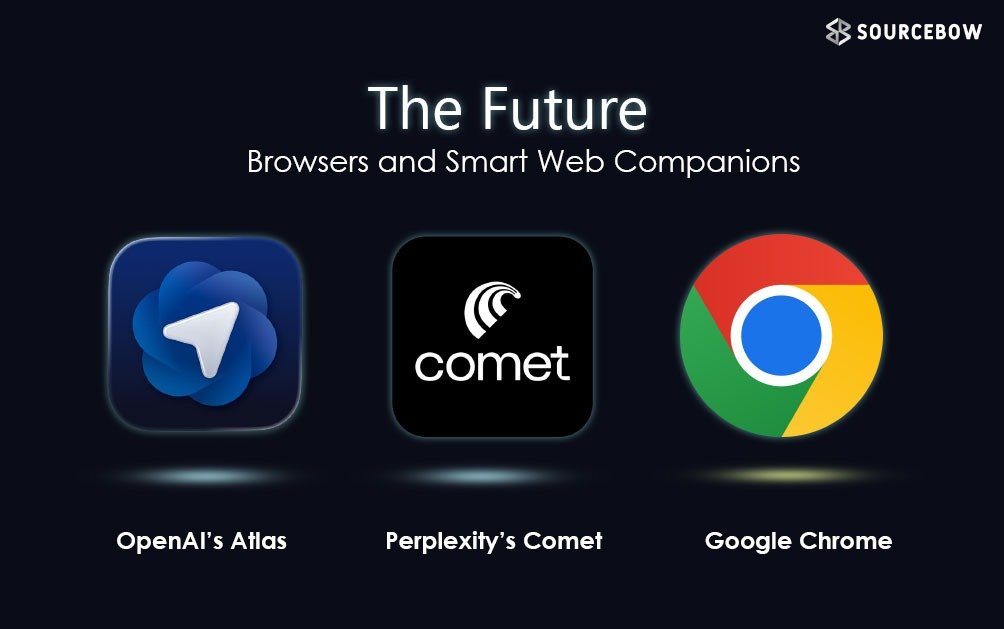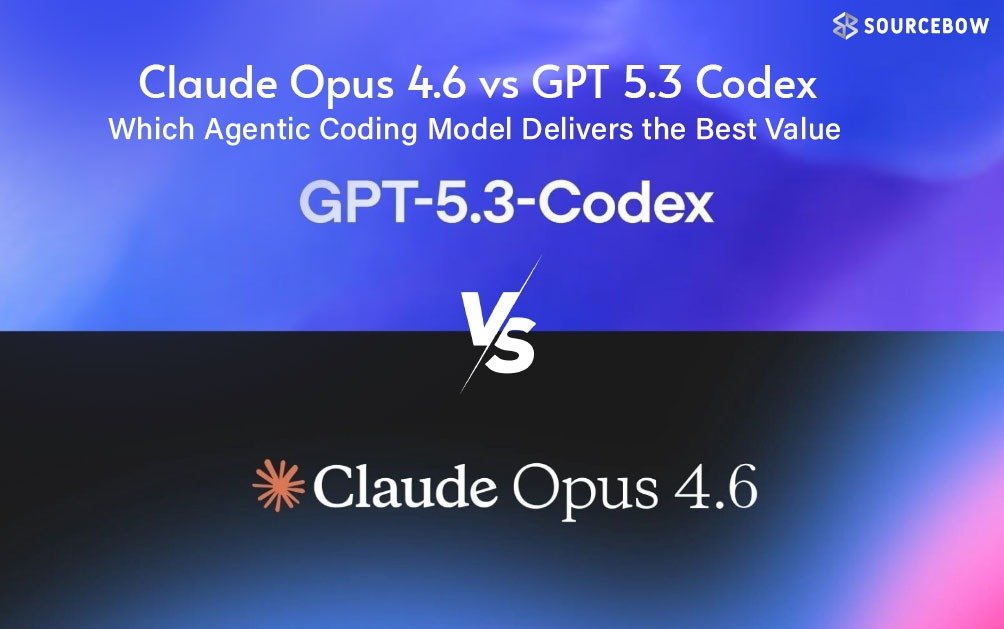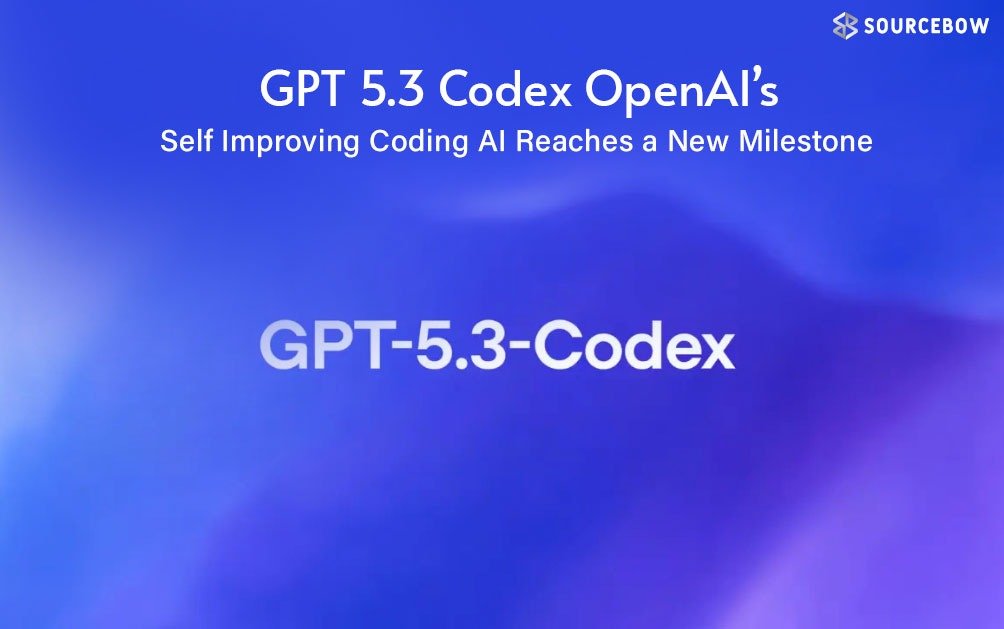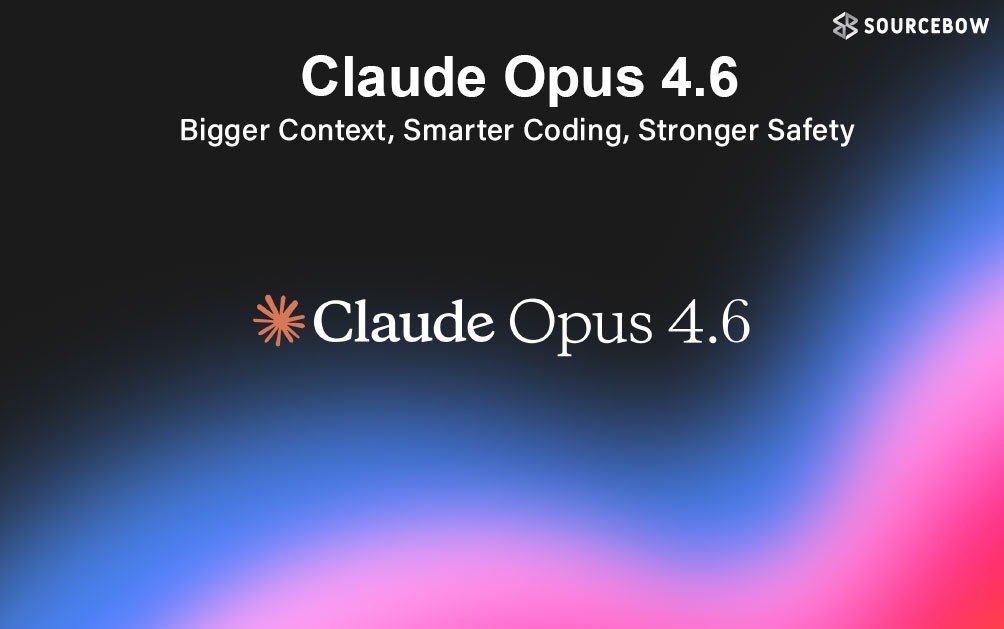The New Battle of Browsers and the Future of Smart Web Companions
The future of browsers is arriving faster than anyone expected. Something interesting is happening in the world of web browsers — it’s not about speed anymore, and it’s not even about how many features a browser can pack in. The real contest now is about intelligence — which browser understands you better and works the way you think.
We’ve entered a new chapter where browsers are slowly turning from simple tools into personal digital companions. OpenAI’s Sam Altman said it best — AI gives us a rare chance to rethink what a browser can truly become. And that change isn’t waiting for the future. It’s already happening.
From Simple Windows to Smart Partners
For a long time, browsers worked like quiet assistants. You typed something, and they fetched it. Nothing more. But that’s changing fast. The browser is no longer just a doorway to the internet. It’s starting to think, act, and sometimes even decide for you.
This shift isn’t about market share anymore. It’s about two very different philosophies. One side believes in automation — the browser doing tasks on your behalf. The other side focuses on understanding — giving you verified, meaningful insights so you can make smarter choices yourself.
And right in the middle of this transformation stand three big names — OpenAI’s Atlas, Perplexity’s Comet, and Google Chrome — each trying to define what the future of browsers should feel like.
Atlas: The Browser That Acts on Your Intent
Atlas is a browser built around a simple idea — don’t just show information, act on it. It runs on Chromium, but what sets it apart is how deeply ChatGPT is woven into its structure. This isn’t a plugin or an extra sidebar. The AI lives inside the browser, working quietly in the background to turn intent into action.
Atlas can perform multiple-step tasks that used to take time. Imagine finding a recipe online and asking Atlas to collect all the ingredients and add them to your grocery cart. It can actually do that. That’s the power of its Agent Mode, and it’s a glimpse of how browsing could soon feel more like delegation than navigation.
Besides that, Atlas offers a persistent ChatGPT sidebar, memory for past actions, and a cursor chat feature that helps write or edit anything inside a text box. Everything runs through a supervised model, which means users stay in control of what the AI does.
Privacy and safety are handled carefully too. There are two modes — a Login mode for convenience that uses saved credentials, and a Logout mode that operates without touching passwords or cookies. You get to decide what matters more — comfort or privacy.
Atlas’s core philosophy is summed up in one line: Do it for me. It’s the kind of tool that turns your browser into a personal assistant — one that doesn’t just listen but gets things done.
Comet: The Browser That Thinks Before It Acts
Now comes Comet, created by Perplexity. If Atlas is about getting things done, Comet is about getting things right. It’s not built for quick actions but for accuracy and depth. Its approach is what the team calls Guided Reasoning and its foundation is trust and transparency.
Comet’s focus is to help users explore topics deeply, not just skim through answers. Every result comes with verified sources and proper links, so you can see where the information actually comes from. In a time when misinformation spreads so easily, that is a huge advantage.
Users can create project-based workspaces, gather research, and let Comet’s AI collect and summarize insights from multiple sources. One of its most impressive tools is Parallel Multi-Agent Execution, where several AI agents work together — finding data, summarizing it, and cross-verifying details simultaneously. The result feels more like research done by a small team than a single tool.
Comet’s philosophy can be summed up as Understand it deeply. It’s perfect for students, researchers, and professionals who value credibility over convenience.
Chrome: The Reigning King of Everyday Browsing
And then there’s Google Chrome — still the dominant force. Chrome does not rush into change. It moves steadily, focusing on what it already does best: speed, reliability and consistency.
Chrome’s biggest strength lies in its massive ecosystem. Its extensions, integration with Google services and cross-device compatibility make it a natural default for millions. Whether it is Gmail, Drive or Calendar — everything connects seamlessly.
But Chrome is quietly preparing for the AI shift too. Google has started blending Gemini, its advanced AI model, directly into Chrome. Soon, users will be able to summarize web pages, draft emails, or generate text within the browser itself — without losing Chrome’s signature performance.
The numbers still favor Chrome by a huge margin — around 72% of the global browser market. That kind of dominance shows how deeply it’s embedded in people’s habits. And habits are tough to break.
Choosing the Right Browser for Your Needs
- If your goal is productivity and automation, Atlas might just become your favorite. It does the heavy lifting, whether it’s scheduling, summarizing, or filling forms.
- If research and accuracy matter more, Comet is the smarter pick. It verifies everything, cites sources, and helps you truly understand what you’re reading.
- And if you prefer a reliable, fast, and all-round option, Chrome still holds its ground firmly.
Each browser reflects a different relationship with technology. Atlas acts like a proactive assistant, Comet feels like a mentor who explains, and Chrome remains that dependable friend who’s always been there.
What the Future Might Look Like
This shift in browsers is more than a software update. It is about redefining how humans interact with information.
The question isn’t just “Which browser is better?” anymore. It’s becoming “How do we want to think with technology?”
Maybe, in the coming years, browsers will plan vacations, handle expenses, or even write detailed reports. The possibilities are endless.
The only real question is — when that happens, will people prefer a browser that thinks for them or one that thinks with them?
Final Thought
The browser is no longer just a window to the web. It is becoming a thinking partner — one that acts, reasons and even anticipates needs. Whether someone chooses Atlas, Comet or Chrome, one thing’s certain: the way people use the internet will never be the same again.





